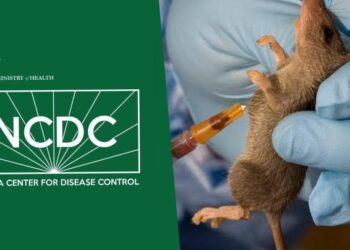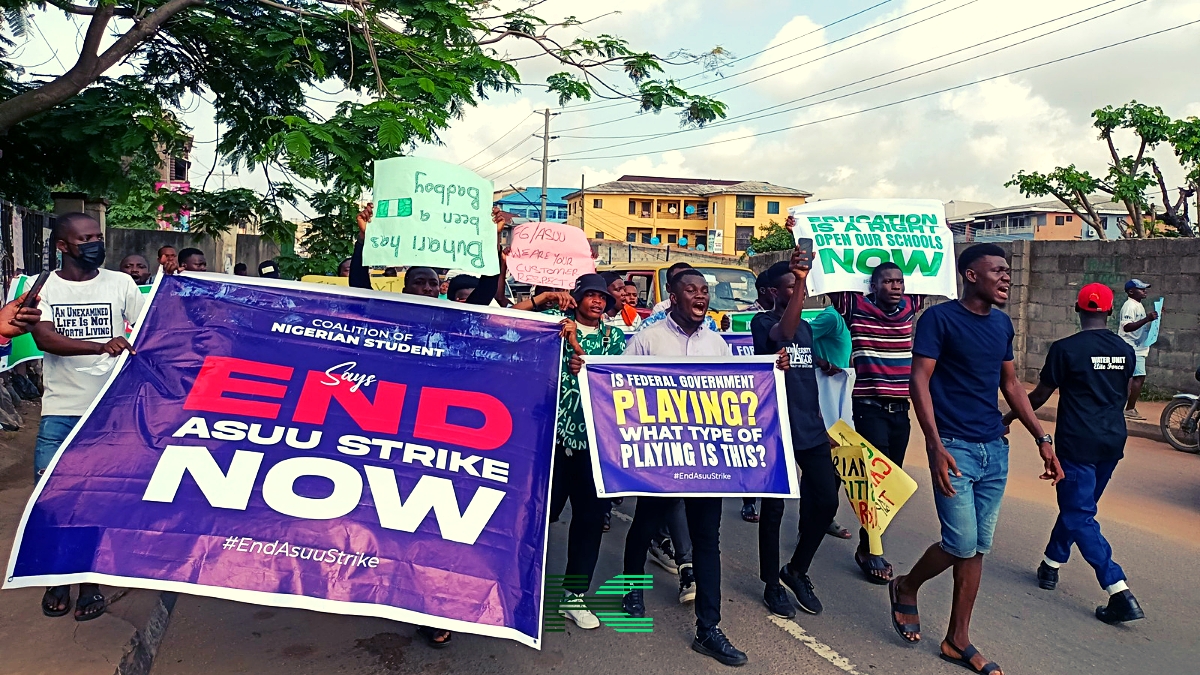The Democratic Republic of Congo has finally launched its first mpox vaccination campaign. If you haven’t been following this slow-moving health crisis, it’s important to note that mpox (formerly known as monkeypox) has been running rampant in the region, while the rest of the world—namely Europe and the United States—had access to vaccines since 2022. Once again, African nations have been left high and dry when it comes to global health responses.
The campaign kicked off in Goma, a city in the eastern part of Congo, with officials holding a modest ceremony to mark what should be a significant public health milestone. Health workers began administering the first doses of the vaccine, finally addressing an outbreak that’s spread from Congo to 13 other African nations this year alone. And while the vaccinations are a welcome development, the Health Ministry quickly tempered any expectations of a large-scale rollout. Why? Resources. It’s always about limited resources, isn’t it?
What They Are saying
As of now, only 265,000 doses of the vaccine are available, which seems laughable when you consider the size of the population affected and the rapid spread of the virus. The Health Ministry claims that more vaccines are “in the pipeline,” but considering how long it took just to get this first batch, don’t hold your breath. This small-scale start highlights the ongoing inequalities in global health responses, inequalities that African nations have been shouting about for years but that the international community largely ignores until it’s too late.

It’s not as headline-grabbing as some other diseases, but it’s a serious public health threat. The virus spreads through close contact and typically causes flu-like symptoms and those notorious pus-filled lesions on the body. While most cases are mild, mpox can be fatal in rare instances. The World Health Organization (WHO) declared the outbreak a public health emergency of international concern back in August after identifying a new variant of the virus. So, why did it take so long for Congo to get vaccines? Well, perhaps because the victims of this crisis aren’t living in Europe or North America.
For a little perspective, let’s dive into the numbers. According to WHO data as of September 20th, Africa has seen a staggering 32,800 suspected and confirmed cases of mpox this year. Of those, Congo has borne the brunt of the outbreak. And in case you’re wondering, yes, people are dying from this. There have been 844 suspected and confirmed deaths from mpox in Africa this year. That’s not a small number, yet until now, these deaths have largely gone unnoticed outside the continent.
What They Are saying
It’s hard not to be cynical about the global health landscape when you see scenarios like this play out over and over again. African nations, despite being on the frontlines of so many health crises, are consistently the last to receive aid, treatment, or vaccines. This mpox outbreak is just the latest example in a long line of health inequities. While wealthy nations were getting their populations vaccinated last year, Congo and other African countries were left waiting. And now, as the outbreak continues to spread, they’re finally starting to receive some of the tools needed to fight back.
Of course, we have to give credit to Congo’s health officials for doing what they can with the limited resources available. Launching this campaign is no small feat, especially in a country that’s also dealing with other major public health challenges, not to mention ongoing conflicts and humanitarian crises. But we can’t ignore the fact that this campaign’s reach will be far too limited to effectively contain the virus in the short term. With only 265,000 doses on hand, how far can they realistically go?
In conclusion, the mpox vaccination campaign in Congo is a step in the right direction, but it’s a small and belated one. The international community needs to do more, and faster, to address these glaring inequities in global health. While the rest of the world moved on from mpox after securing their vaccines, Africa has been left to deal with the fallout. The question now is whether the promised additional vaccine doses will arrive in time to make a difference, or whether Congo will continue to fight this battle with one hand tied behind its back.
Bottom Line
For now, the people of Congo—and by extension, much of Africa, are left with an all-too-familiar reality: they are once again at the end of the line when it comes to global health priorities

















